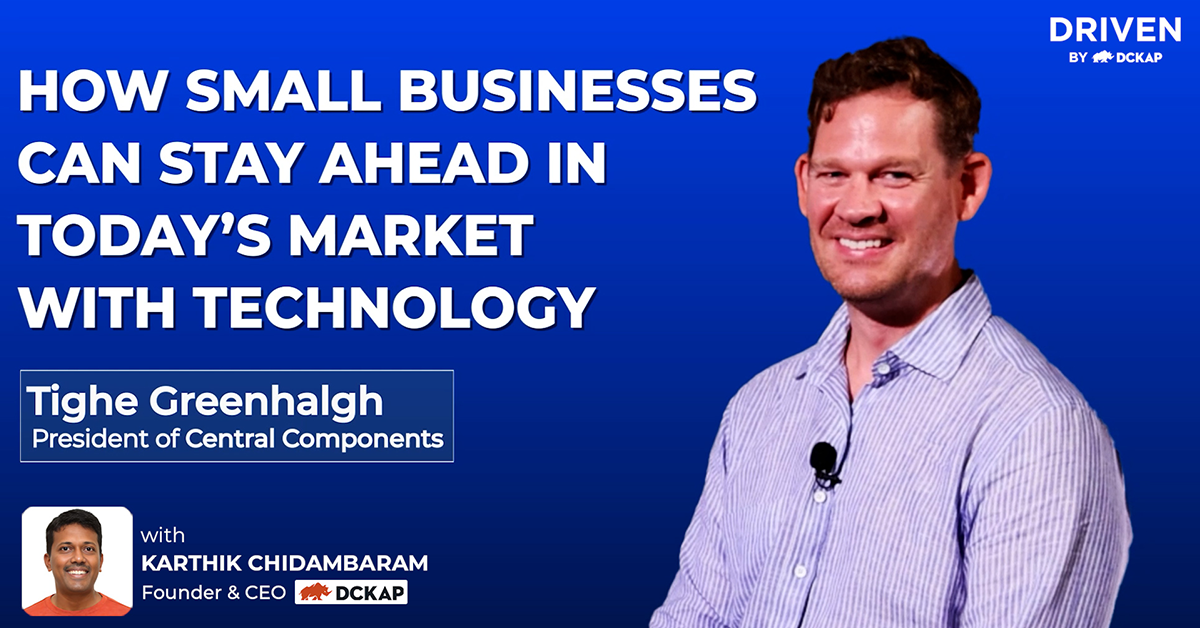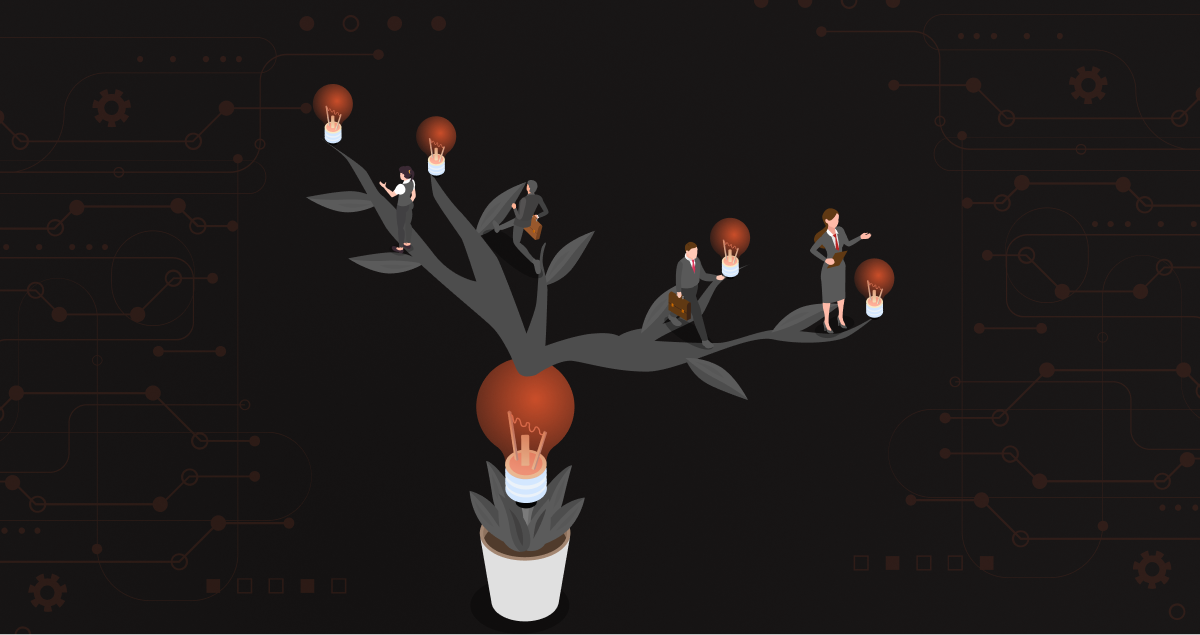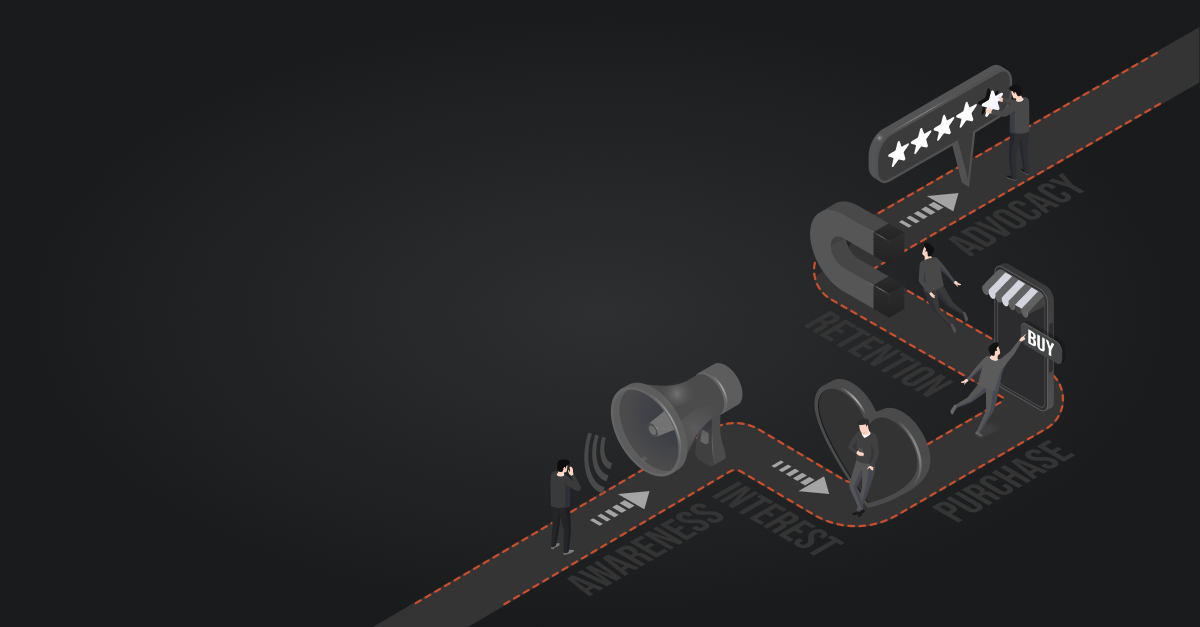Building a successful distribution company goes beyond having excellent products or a strong customer base. Key factors such as leadership, strategy, adaptability, and a deep understanding of market trends play a crucial role. Tom Gale, CEO of Modern Distribution Management (MDM), and Anne Vranicic, the President of Valin Corporation, shared valuable insights on what it takes to succeed in the distribution industry.
1. Inspiring and Empowering Teams
Tom Gale emphasized that strong leadership is fundamental for success. Leadership is not just about making decisions; it’s about inspiring and motivating teams. A good leader creates a company culture that aligns with the vision, encouraging a passionate and productive team. “You need the leader to set the tone and create a culture that motivates everyone to work toward the company’s long-term goals,” he says.
Anne Vranicic also values leadership, especially when it comes to fostering internal communication and collaboration. “Some of the best ideas come from the people working at the company. They’re talking to the customers, they understand your systems, they see the friction that’s going on, and they typically have great ideas,” she shared. Listening to employees and engaging with them can often reveal innovative solutions for improving operations.
2. Embracing Change
Tom stressed that adaptability is key for any successful distribution company. The rise of digital platforms, like Amazon Business, has disrupted traditional distribution models. Companies must innovate and adjust their strategies to stay competitive. “It’s important to stay agile and embrace change,” advised Tom. Flexibility allows companies to meet evolving customer needs and maintain a competitive edge.
Anne added that Valin’s transformation was driven by refining internal processes to boost efficiency. “We took a look at how we manage accounts and customers, and rather than have one salesperson handle everything, we divided tasks and built teams around core customers,” she explained. This approach helps improve communication speed and free up resources for growth initiatives.
3. Know Your Strengths
Both leaders stressed the importance of staying focused on what a company does best. Tom advises distributors to “know their strengths and not get distracted by every new opportunity.” By focusing on core competencies, companies can provide better service, and high-quality products, and achieve long-term growth.
Anne emphasized the importance of building a strong foundation. At Valin, data integrity was a key priority during their digital transformation. “Crap in, crap out” is their mantra. A solid data foundation allows businesses to scale effectively and make informed decisions.
4. Consistent Execution
For Tom, consistent execution is essential. “Process discipline is often lacking, but it’s what separates great companies from the rest,” he said. Distributors need efficient systems for everything, from order management to customer relations. This discipline ensures scalability and consistency without compromising service quality.
5. Value-Added Services
Offering value-added services is a powerful way to differentiate in a crowded market. Tom noted that while Amazon Business has had an impact, it has also helped distributors clarify their value proposition. “Amazon business has not killed distribution… it’s helped distributors more clearly identify where their value-added services will make a difference,” he said.
Anne, during the interview, shared that innovation comes from listening to customers and suppliers. Valin continues to discover new ways to add value by paying attention to market trends. “You can find a lot of innovative things if you just listen to your people, customers, and suppliers,” she said.
6. Innovation and Technology
Both Tom and Anne highlighted technology’s role in staying competitive in their respective interviews. Technology helps distributors improve efficiency, enhance customer service, and make data-driven decisions. Anne stressed that technology should be an enabler, not the starting point. “Start with the basics, then build upon that,” she advises. Get the data right, align processes, and then implement technology.
Tom also shared this point, noting that distributors must stay agile and continuously seek improvement through innovation and technology.
7. Customer-Centric Focus: Building Long-Term Relationships
A successful distribution company is built on a strong commitment to customer satisfaction. Both leaders emphasize the importance of building long-term relationships with customers. By staying engaged, listening to feedback, and adapting offerings, distributors can build loyalty and create sustainable growth.
Recommended Read: A Distributor’s Guide to Mergers & Acquisitions
8. Financial Acumen: Managing Profitability
Managing profitability is as important as revenue growth. Distributors need to focus on cost optimization, margin management, and maintaining healthy cash flow. Strong financial discipline helps businesses navigate economic challenges and invest in innovation.
9. Market Insight: Understanding Trends and Customer Needs
Staying informed about market trends is crucial. Successful distributors stay alert to emerging technologies, shifts in customer behavior, and broader industry changes. This awareness helps them anticipate future needs and stay ahead of the competition.
The Future of Distribution: Staying Competitive
To build a successful distribution company today, it’s not enough to have logistical expertise or product knowledge. Leadership, innovation, adaptability, and customer commitment are essential. By focusing on their core strengths, embracing technology, and executing consistently, distributors can remain competitive and continue to grow in a rapidly changing market.
Companies that stay agile, focused, and customer-centric will thrive. Whether running a small business or a large enterprise, these principles are key to building a strong foundation for long-term success in the distribution industry.
Contents




